The door to the clinic opened, and in walked a mother lugging a baby car seat. She appeared calm, but her eyes betrayed her stress. A small boy trailed her closely, almost stepping on her dress. His head hung low, arms crossed as if in a straitjacket. Something was clearly wrong.
It was my first time doing my volunteer work at Kinésithérapie Val Fleury. Yasmin, the physical therapist I had just met an hour earlier, looked up from a patient and saw that my gaze was locked on the boy and his baby sister. She perked up. “That’s my favorite patient,” she whispered to me, and she proceeded to tell why he was there.
“He was born with no thumb and no ulnar bone. He had surgery in Belgium to move his pinky to where his thumb was supposed to be. Now we are working on strengthening his arm.”
The world paused around me as I tried to comprehend the life of this five-year-old who had endured so much pain. I’d only ever seen sports injuries in physical therapy offices before, mostly involving adults and teenagers.
I tried to pay attention to the patient Yasmin was working on, but I kept trying to get a glimpse of the boy sitting in the waiting room. Finally, the receptionist called the boy and his mother into the exam room, and the receptionist lifted his little body up onto the exam table and placed electric stimulation on his arm. He remained unflinching, probably because he has done this twice a week for the past three years. I couldn’t take my eyes off him, it seemed wrong for a little human to be in such a place. Every Tuesday and Thursday, instead of playing outside with his friends and having the time of his life, he was sitting on that table.
His baby sister began to cry. The mother picked her up and left the room, leaving the boy alone. When I peered over, he was holding the stethoscope with both hands, his injured hand wrapped around the earpiece.
“He would make a good doctor,” I remarked to the receptionist.
“Well, actually, he wants to become a science teacher.” She relayed our conversation to the boy. He nodded but looked down. “He is very shy, and rarely talks.”
I was also shy as a child, so I knew what it felt like. How could I get him to open up? I would love to see him smile.
Yasmin had finished up with her other patient and it was time for her to work on the boy. He wore a blue, grey, and red striped shirt with a collar, and a pair of jeans. Up close, I noticed his unusually long eyelashes. In a raspy voice, he told the doctor not to move his arm. She placed it under a red heat lamp, and he instinctively pulled it away. His grimaces suggested severe discomfort. She gave up and began to massage. One minute in, he began pushing her away, gritting his teeth and growling. He was obviously in a great deal of pain. My closest comparison was breaking my ulna and radius, but his expression suggested it was far worse.
The more she worked on his arm, the more agitated he became — his muscles were taut as guitar strings. I could see Yasmin growing frustrated, but she remained patient with him. I felt nervous, wanting to help, but I was unsure if physical contact with visitors was allowed. If I touched him, would he be scared?
I asked Yasmin if I could give him a fist bump, and she nodded. He eyed me suspiciously but finally agreed. Suddenly, I was cool in his eyes.
The fist bump had only distracted him for a few seconds, and I needed to think of something else. I thought back to all the times I’ve distracted my baby cousins from crying. Talking to him was out of the question, there wasn’t much space for me to dance to make him laugh, and there weren’t many props in the room. What could I do?
I saw that the paper towel he had been sitting had fallen on the ground. I picked it up, tore off a piece, and began to shake the paper towel in front of him a little out of his reach. I didn’t know if he would go along with my simple game, but to my surprise he did. Like a cat trying to catch a feather, he grabbed the towel with his good hand, while Yasmin worked on the other hand.
She told me that he was trying to make a big snowball. I continued to shake another piece of paper towel above him, bringing it closer to him so he could rip off pieces. I hid it in my lab coat pocket and then brought it back out. Eyes bulging with a shy smile, he seemed amazed when he saw that I had more paper towels. I told Yasmin to tell him that he was super strong, and when she did a big smile came across his face. He looked like a kid opening their presents on Christmas morning.
“I am a strong hero, and I am going to save the world,” he said.
“What are you going to do with that snowball?” I asked.
“I am going to go to the snowy part of Morocco and make an even bigger snowball.”
While I continued to distract him for the next twenty minutes, Yasmin turned to me and said, “You know you are really good with him, you should be a pediatrician.”
“I’m aiming for pediatric occupational therapy.”
What she said got me thinking. Before I went to Morocco, I changed my major to allow me to become an occupational therapist. I was still uncertain about the change, but seeing the relationship between Yasmin and the boy, and having Yasmin tell me that I was good with him, assured me I had made the right decision after all. No matter what I end up becoming, this little boy will be my inspiration to work with children.
As I was leaving, the doctor whispered something to the boy, and he gave a thumbs up in my direction. I thought he was just saying goodbye. But Yasmin looked at me and said, “I asked him which one of us was his favorite, and he said it is you.”
I froze for a second and smiled. We exchanged another fist bump, and I said to my “strong hero,” “See you next week.”
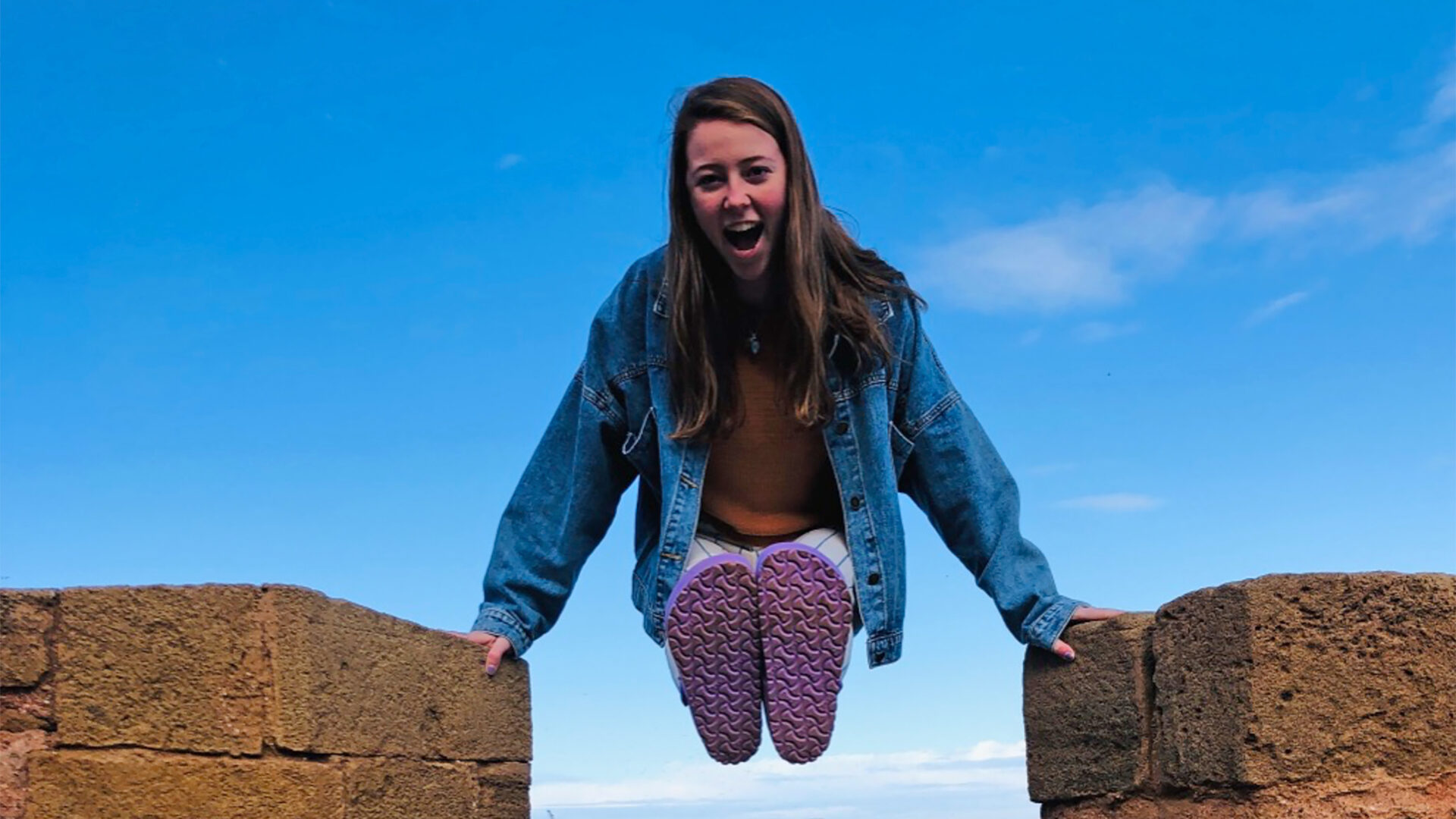
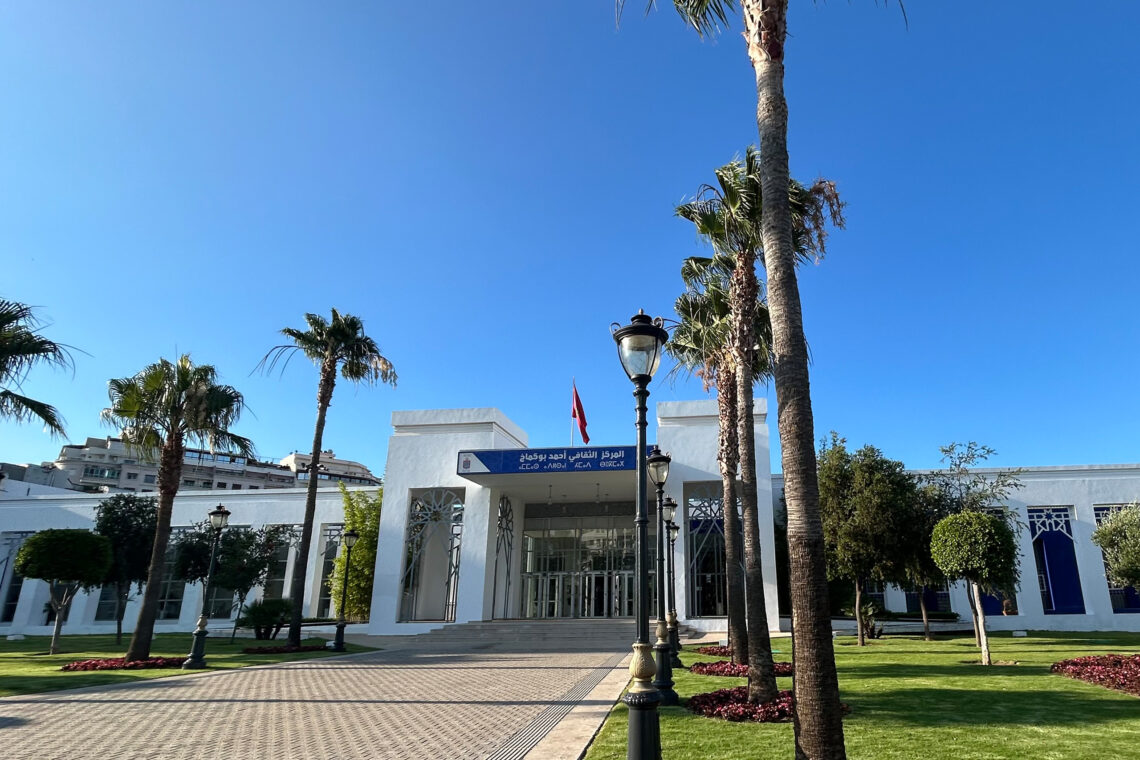
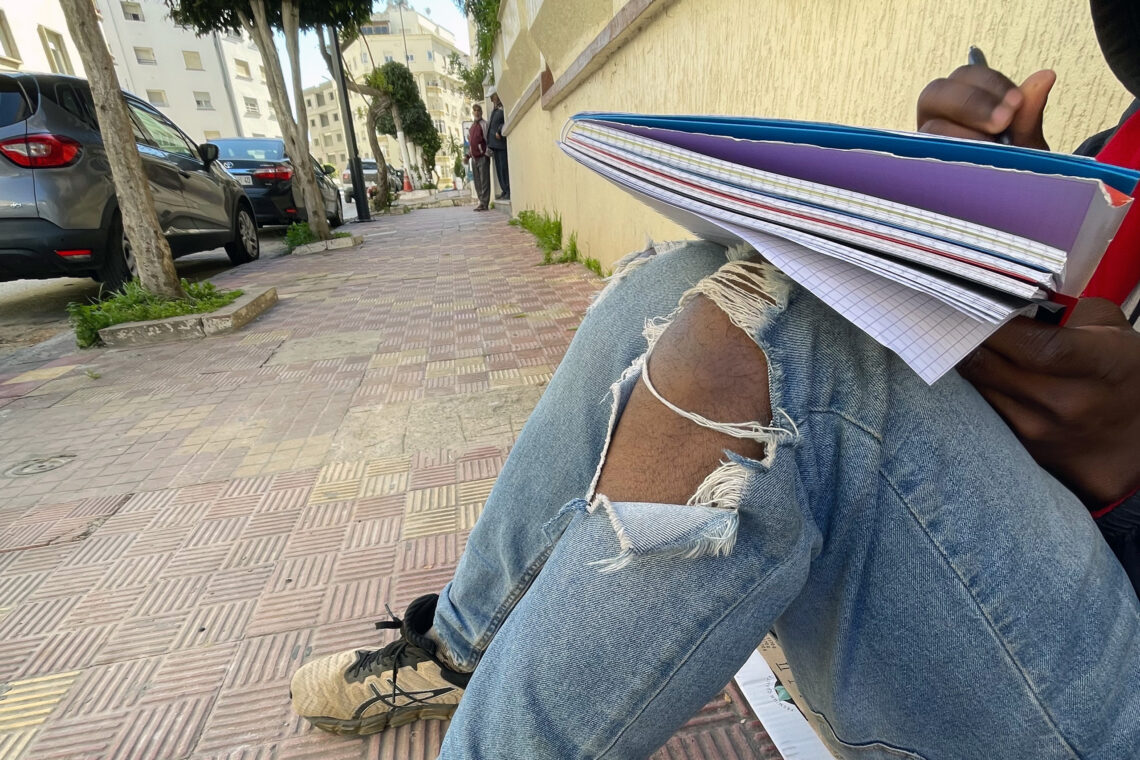
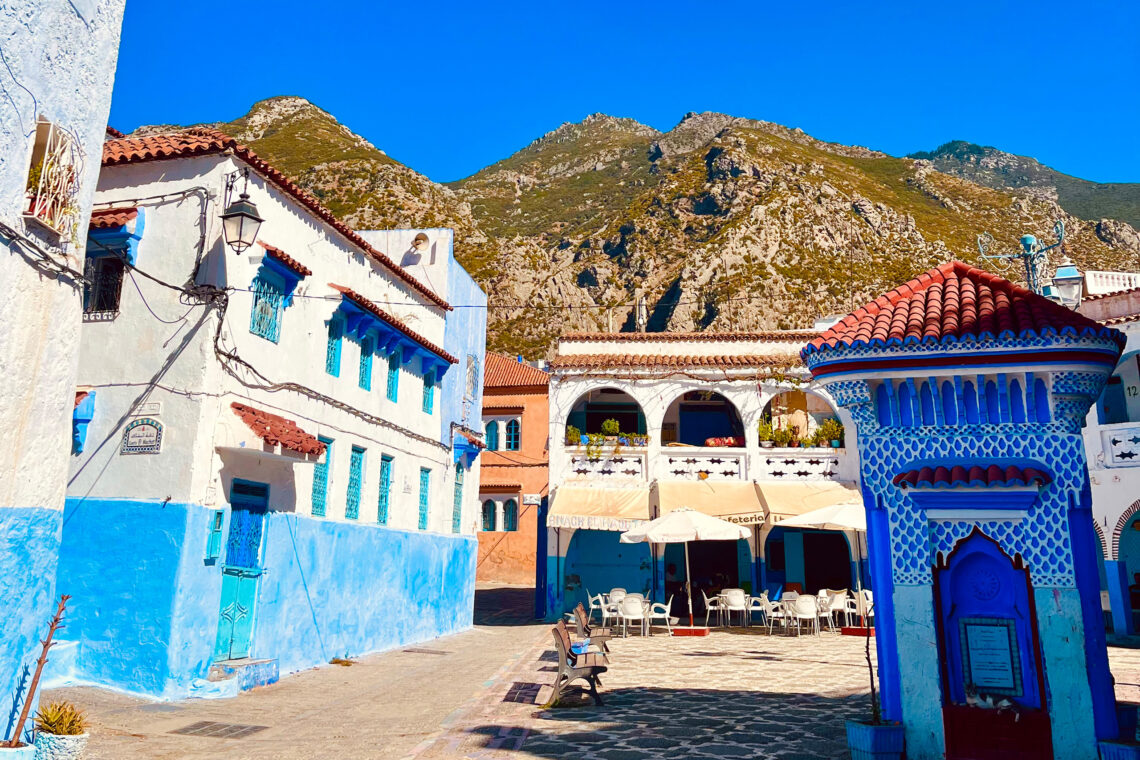
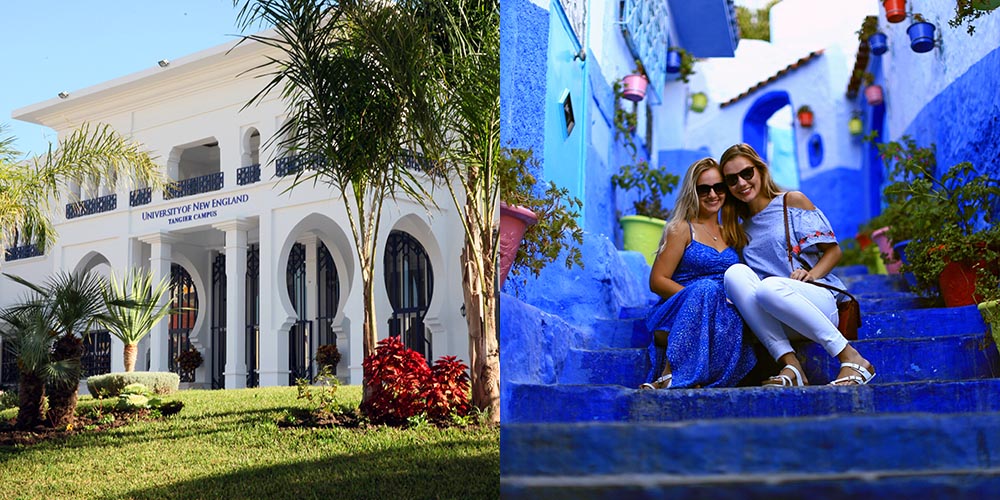

Comments are moderated by the editor and may not appear on this discussion until they have been reviewed and deemed appropriate for posting. All information collected is handled in a manner consistent with our privacy policy.